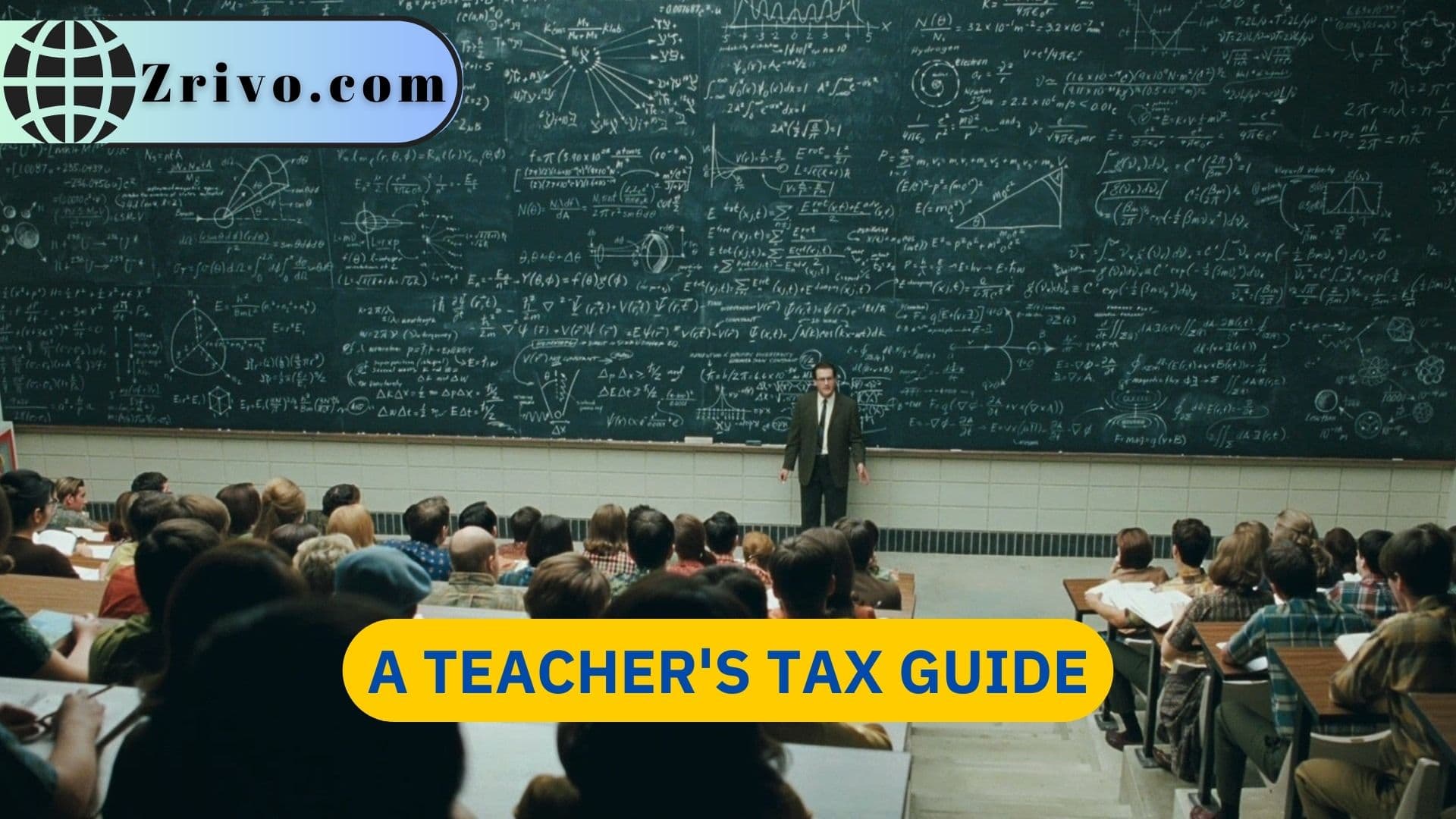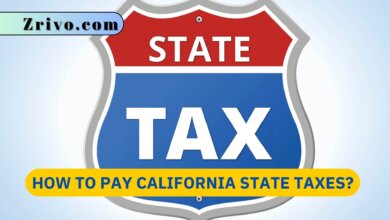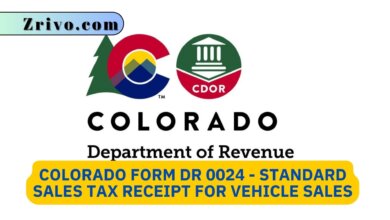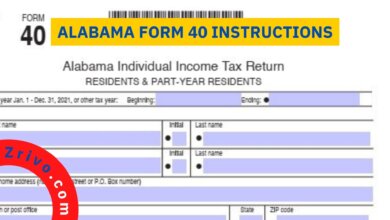A Teacher’s Tax Guide
Like everyone, educators also need to navigate their unique tax landscape effectively. This comprehensive guide will explore the specific tax forms teachers must file, highlight key IRS publications tailored to their needs, and provide practical tips to help educators maximize their tax benefits.

Teachers are the catalysts of intellectual and social progress, equipping students with essential skills and knowledge. They ignite curiosity, inspire critical thinking, and instill values that shape the next generation. Beyond the classroom, teachers act as mentors, guides, and role models, helping students navigate life’s challenges. Their impact reaches far beyond academics, nurturing well-rounded individuals who will contribute positively to society. As tax time approaches, educators need to understand how to navigate their unique tax situation and capitalize on available deductions and credits. This comprehensive guide will explore how teachers should file their taxes, identify potential deductions and credits, and provide practical tips to help them get the most out of their taxes, ultimately maximizing their financial well-being.

What Teachers Need to Consider Before File Their Taxes?
Teachers can significantly optimize their financial well-being by making informed decisions, keeping thorough records, and exploring state-specific tax incentives. Here are some of the most important things which teacher reconsider before filing their taxes:
- Teachers should determine their appropriate filing status, typically single or married, filing jointly. Additionally, they must complete Form 1040 or Form 1040A, depending on their specific circumstances.
- Teachers can claim the Educator Expense Deduction, which allows them to deduct up to $250 of unreimbursed expenses incurred for classroom supplies, materials, books, and other educational resources. To claim this deduction, teachers should retain receipts and keep a record of their qualifying expenses.
- In addition to the Educator Expense Deduction, teachers may be eligible to deduct certain unreimbursed job-related expenses that exceed 2% of their adjusted gross income (AGI). This may include expenses for professional development courses, classroom decorations, computer software, and other expenses directly related to their teaching responsibilities.
- Teachers often go above and beyond by donating to their classrooms out of their own pockets. It’s crucial for educators to keep detailed records of these contributions, including receipts, as they may qualify for charitable deductions on their tax return.
- Teachers should explore deductions and credits specific to their state of residence. Some states offer additional incentives for educators, such as tax credits for out-of-pocket classroom expenses or tuition for professional development programs. Researching state-specific tax benefits can provide additional savings opportunities.
- Teachers who use a portion of their home exclusively for classroom preparation or administrative work may be eligible for a home office deduction. This deduction allows them to claim a portion of their mortgage interest, utilities, and other related expenses as business expenses.
- Teachers pursuing advanced degrees or engaging in professional development courses should explore education-related tax credits. The Lifetime Learning Credit and the American Opportunity Credit may provide significant tax savings for qualifying expenses associated with post-secondary education.
- Many teachers contribute to retirement plans, such as 403(b) or 457 plans. These contributions are typically made pre-tax, reducing taxable income and providing potential long-term savings benefits. Educators should consult their plan administrators or financial advisors to ensure they maximize their retirement contributions and take advantage of employer matching programs.
- Maintaining accurate records is essential for maximizing tax benefits. Teachers should retain receipts, invoices, and other supporting documentation for their deductions and credits. Organizing documents related to expenses, donations, and professional development will streamline the tax filing process and substantiate their claims in case of an audit.
- Teachers may benefit from consulting a tax professional or utilizing tax software specifically designed for educators. These resources can provide personalized advice, ensure compliance with tax laws, and maximize tax benefits based on individual circumstances.





